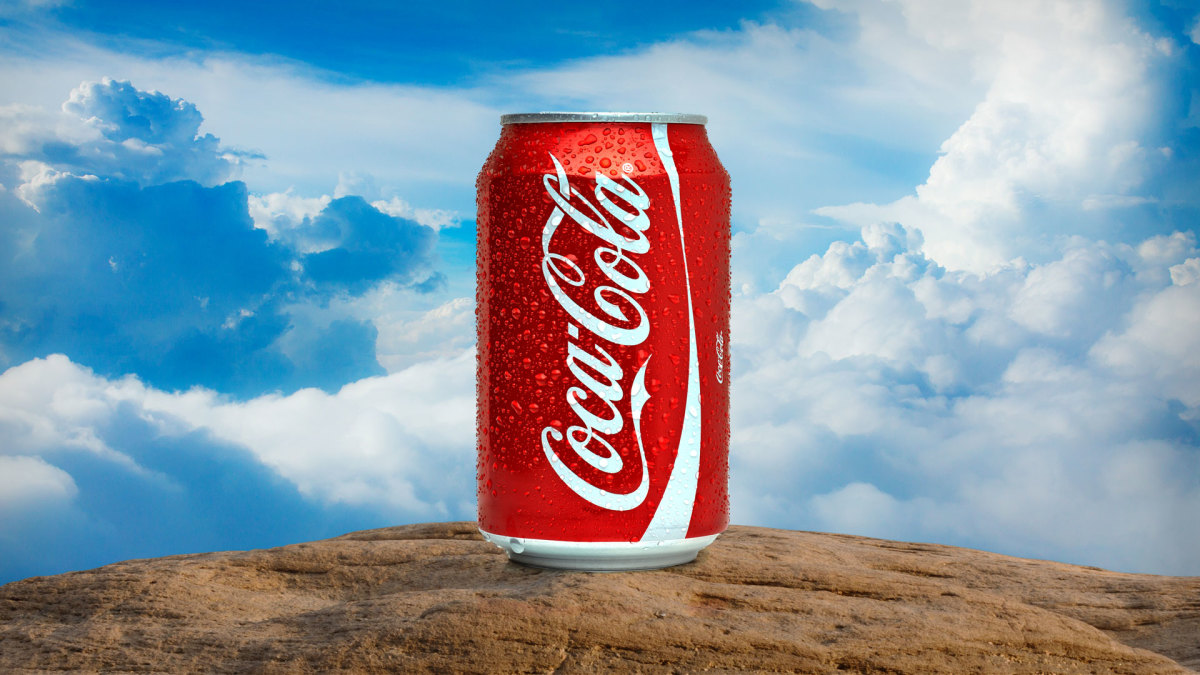
Coca-Cola took a harsh stand on what Chief Executive James Quincey back in 2020 called "zombie brands."
These are brands that don't sell particularly well and make limited sense for the company to keep producing.
The problem is that when a company reaches Coca-Cola's (KO) -) size, its failures still have huge fanbases. That became evident in 2020 when Coke killed Tab, Its first-ever diet soda, along with a number of other brands.
Related: Target CEO defends unpopular theft prevention policy
"We are shifting to prioritizing fewer but bigger and stronger brands across various consumer needs," Quincey said at the time.
"At the same time, we need to do a better job nurturing and growing smaller, more enduring propositions and exiting some zombie brands. ... As a reference point, of our 400 master brands, more than half are single-country brands with little to no scale. The total combined revenue of those brands is approximately 2% of our total."
That's a smart business argument but it ignores some of the responsibility Coca-Cola has to its customers. For example, Tab's fanbase may have dwindled, but it still has a devoted community that's held protests and visited the Atlanta headquarters to ask the company to bring back the brand.
Coke, however, has not really worked to serve niche audiences. It dropped Tab, killed the Odwalla juice brand, and culled hundreds of other beverages from its product lineup.
That effort has included a holiday-season limited-time-offer favorite that the company simply stopped bringing back rather than officially killing.

Image source: TheStreet
Coke quietly stops making a seasonal favorite
At one point Coke tried to expand its core brand with flavors beyond the traditional Cherry Coke, which has long been a customer favorite. \
That effort deepened with Diet Coke, which over the years the company has marketed with all sorts of added flavors, mostly unsuccessfully.
Cinnamon Coke, introduced in 2019, was a limited-time-offer for the Christmas season. The company trumpeted the flavor in a 2019 news release:
"Coca‑Cola also is spicing up the season with the limited-edition launch of Coca‑Cola Cinnamon, which blends the delicious taste of Coca‑Cola with a warm cinnamon flavor associated with the holidays," the company wrote.
"Coke is partnering with Brown-Forman and Delish to create holiday cocktail and food recipes featuring the limited-edition flavor."
The company brought back Cinnamon Coke in 2020 but not in 2021. Many thought that was a pandemic-related decision, as many companies focused on their core brands during that period.
Coca-Cola Cinnamon, however, did not return in 2022 and it's not coming back this year, which suggests it has quietly been killed.
The Atlanta drinks giant did not return a request for comment on this story.
PepsiCo (PEP) -) replaced its entire Sierra Mist product line earlier this year. That meant that Sierra Mist Cranberry Splash was quietly killed as the company replaced Sierra Mist with Starry as its lemon-lime soda.
Here's why Coca-Cola kills brands
CEO Quincey has been ruthless about killing brands that don't make financial success for the company. He does not see Coke as able to serve niche audiences, even devoted ones like the people lobbying to bring back Tab.
He says that killing slow-selling brands gives the company more capacity to innovate.
"Innovation remains critical to our Beverages for Life strategy and launch activity has been on the rise over several years," he says.
"While this expansion of innovation has been a considerable growth driver for the Coke system, many launches failed to escape the tail and struggled to grow. We can do better. We believe the best way forward is to be more choiceful and target bigger, more scalable bets, and be disciplined in our experimentation."
Quincey has a no-nostalgia, pure-business approach to whether products deserve the company's continued attention.
"Over time, our leader, challenger, and explorer brands can grow to positions that deliver scale and profitability," he adds.
"We are raising the bar and adding more discipline to our innovation pipeline against defined criteria, either recruiting new consumers, increasing the frequency of existing consumers and/or being margin-accretive."
Get exclusive access to portfolio managers’ stock picks and proven investing strategies with Real Money Pro. Get started now.







